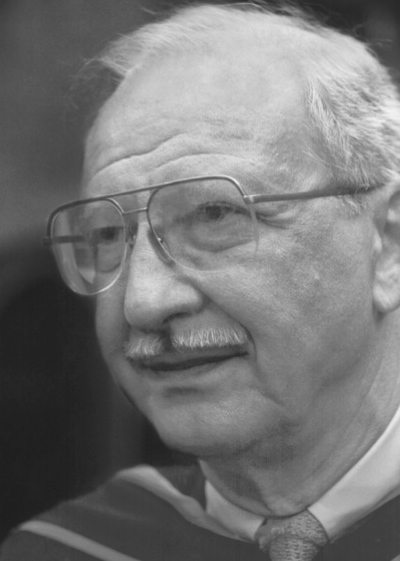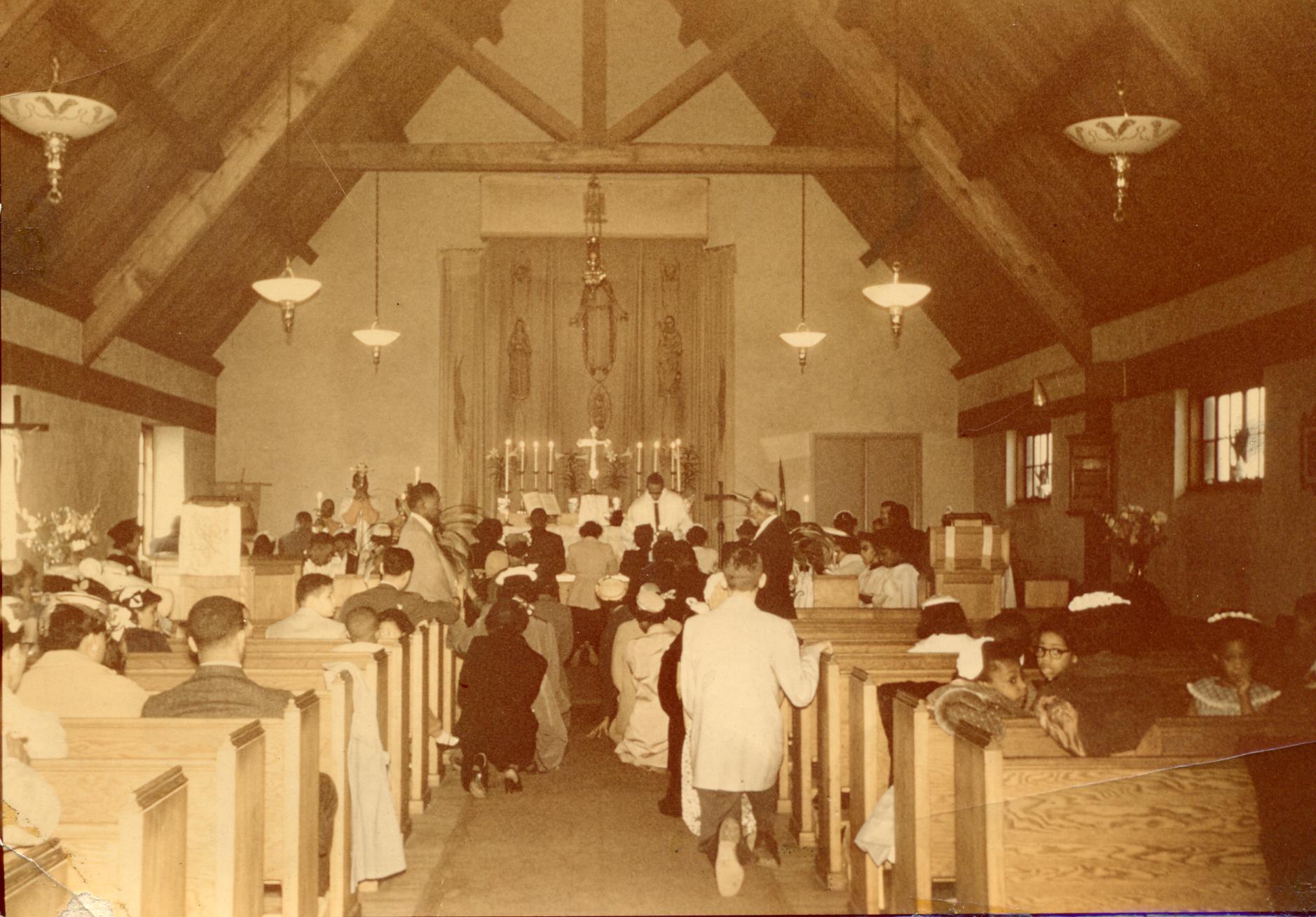Sunday
Dec012013
Conversation on the spiritual life
 Sunday, December 1, 2013 at 8:13AM
Sunday, December 1, 2013 at 8:13AM  I've had a very interesting exchange recently about how to understand the spiritual life. I love the person's willingness to engage this. I want to share a few elements of the exchange as it might be useful for other priests when similar opportunities arise.
I've had a very interesting exchange recently about how to understand the spiritual life. I love the person's willingness to engage this. I want to share a few elements of the exchange as it might be useful for other priests when similar opportunities arise.
The person was responding to the material in an earlier posting Ways of dealing with conflict. The message was along these lines, "I was disheartened when I read the section in which you talk about proficiency and awareness of core spiritual practices. Does the church expect me to be at a certain level of knowledge and ability? I don't come to church for that. When I come to church I want to be in the experience and see what happens. I don't wnat to have to measure up to something other than being engaged and thoughtful and kind to people."
My response --
I'm not sure if this will help but let me try.
The handout isn't about the spiritual practices of any particular member of a parish church. It is about how parish churches are able to keep tensions and disagreements at a level that is productive. The more each of the four items is true, the more likely a parish can keep things productive. So the handout is not about what the church expects of its members let alone what it might expect of any individual. I have seen such lists. Most aren't very useful in my opinion. We each probably have one tucked in the back of our head. You identified your list -- "being engaged and thoughtful and kind to people." Some would see that list as expecting far too much of members; others might think it expects too little. In practice the church doesn't even expect that much of those who come to the Eucharist each Sunday.Michelle Heyne and I developed a list of assumptions about the spiritual life -- Twelve Assumptions on the Spiritual Life. Even that list is for us a set of assumptions rather than one of expectations.
The dynamics related to parish health are less about expectations and what people "should" do than about what "is." For example,
-All parishes include people in a wide range of places in their spiritual life--from those who show up only for funerals, to the Christmas /Easter people, to those who are regular but a bit tentative, to those newly open to spiritual growth, to some who are more stable, and to people who are rather proficient in the practices of the spiritual life. Parishes also have people with a wide range of consistency about virtues such as kindness, persistence, courage, openness, awe, generosity, self-control, and so on. They all have people that make a pledge and those who don't make a pledge.
-Most parishes welcome people where ever they are in their spiritual life.
-The Anglican/Episcopal tradition assumes that a parish includes this range of people and that this is as it should be. It's part of what it means to be catholic and not a cult. Our tradition also assumes that to be healthy a parish needs a critical mass of people with some degree of competence in the spiritual life.
In a second round the person was appreciative for what I sent and noted that the comments were "helpful."
The person then wrote of feeling challenged by the use of the word "proficient" in relation to spiritual life. There was also an interest in what seemed to be a distinction between people who can be proficient in spiritual practices without any heart, and vice versa.
My response went this way --
The word "proficient" can be challenging. It is one of two words standard to pastoral theology and seems to surprise some. The other is "efficiency." It comes as a shock to some people that efficiency in spiritual practices is a desirable condition. The notion on proficiency is that there are skills and attitudes of the spiritual life that we can learn and incorporate into our lives. Some of these are considered "common" as in a competency that all are invited to learn. Others are dependent on each person's uniqueness. We come to God both as a people, together, in common prayer; and we come as unique individuals.
My own pastoral thinking about head and heart is along these lines.
 1. Don't allow your feelings to control your spiritual life! That's a standard piece of spiritual guidance. I remember Dick Norris saying that as he oriented new seminarians to chapel practices at the Philadelphia Divinity School. He said something like this, "The rule of the school is that you will be in chapel daily for Morning and Evening Prayer and the Eucharist. That's the rule! But as a priest of the church I'm offering you this guidance--if you decide to ignore the rule and to only come for Thursday Evensong, then come to Thursday Evensong and do that even when you don't feel like coming. Don't allow your feelings to control your spiritual life."
1. Don't allow your feelings to control your spiritual life! That's a standard piece of spiritual guidance. I remember Dick Norris saying that as he oriented new seminarians to chapel practices at the Philadelphia Divinity School. He said something like this, "The rule of the school is that you will be in chapel daily for Morning and Evening Prayer and the Eucharist. That's the rule! But as a priest of the church I'm offering you this guidance--if you decide to ignore the rule and to only come for Thursday Evensong, then come to Thursday Evensong and do that even when you don't feel like coming. Don't allow your feelings to control your spiritual life."
It's grounded in the reality that our moods and feelings shift easily, from day to day and moment to moment. People that work with others around the area of emotional intelligence speak of the need to be aware of your feelings and those of the people around you and also to accept responsibility to self manage your feelings.
 2. That leads onto the idea of basing our spiritual life in a spiritual discipline that we establish for ourselves; a Rule of Life. The usual guidance is to base our Rule on a mix of what's common to our tradition and what fits our personality. In fact everyone has a spiritual disciple. It may not by thought of as such, it may not even be part of our conscious awareness. But we all have habits of practice. For example, some follow the church's norm of Eucharist every Sunday and on certain major feast days while others only attend on Christmas. A rule of life is intended to be changed as we mature and as we face new conditions in life.
2. That leads onto the idea of basing our spiritual life in a spiritual discipline that we establish for ourselves; a Rule of Life. The usual guidance is to base our Rule on a mix of what's common to our tradition and what fits our personality. In fact everyone has a spiritual disciple. It may not by thought of as such, it may not even be part of our conscious awareness. But we all have habits of practice. For example, some follow the church's norm of Eucharist every Sunday and on certain major feast days while others only attend on Christmas. A rule of life is intended to be changed as we mature and as we face new conditions in life.
rag+
First Sunday of Advent, 2013